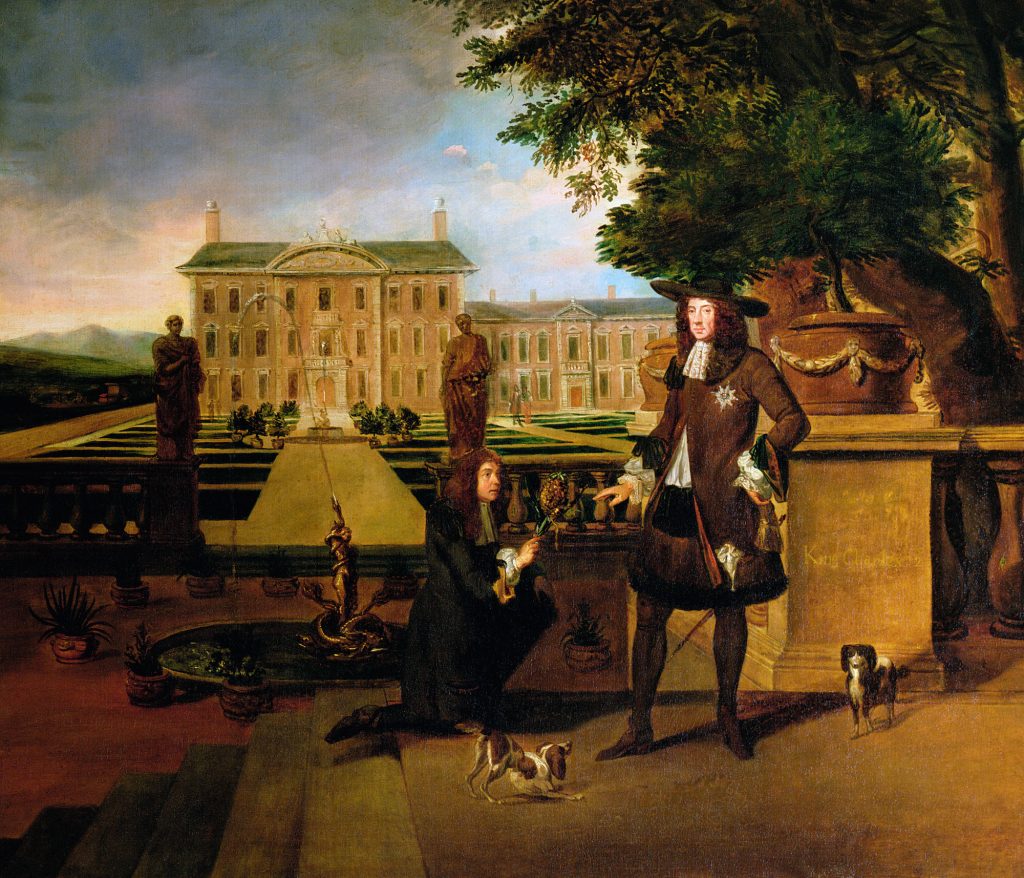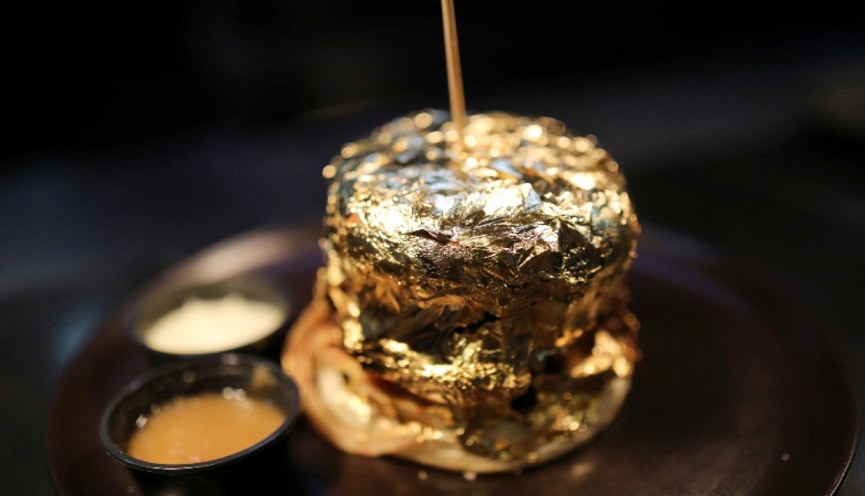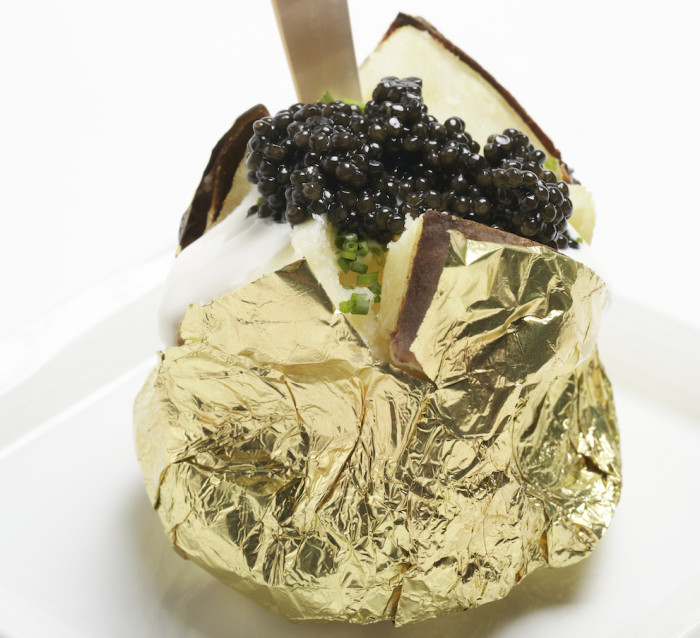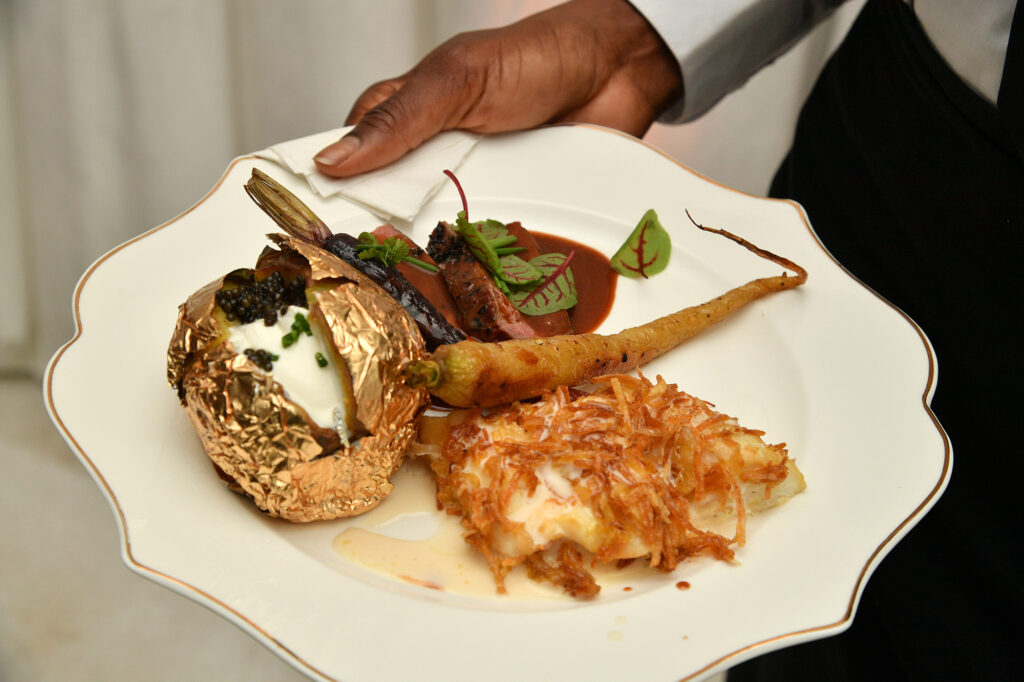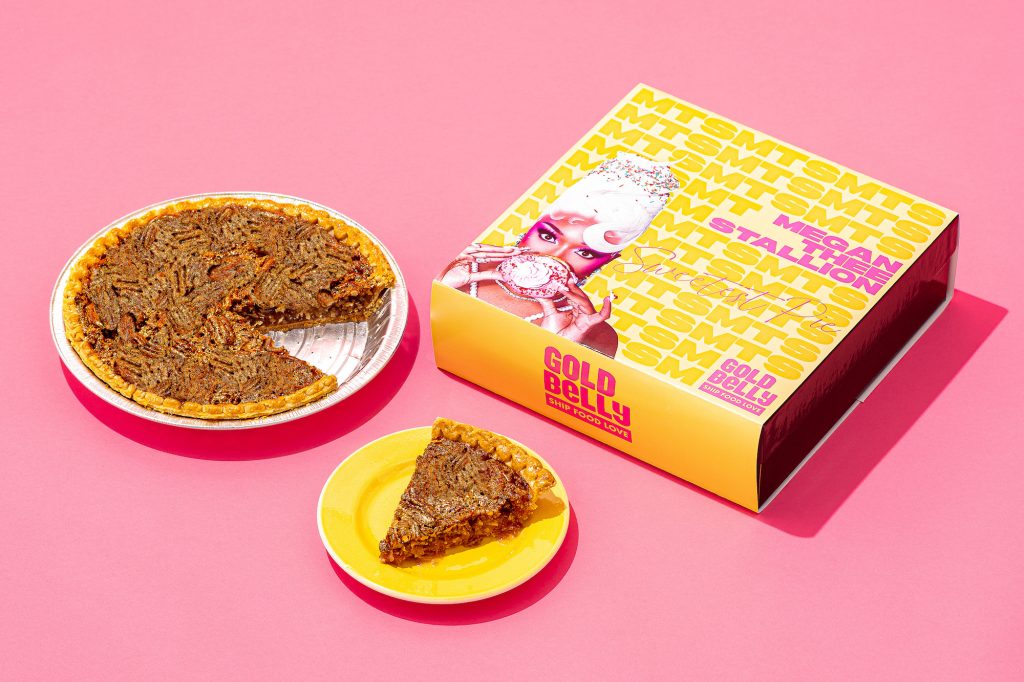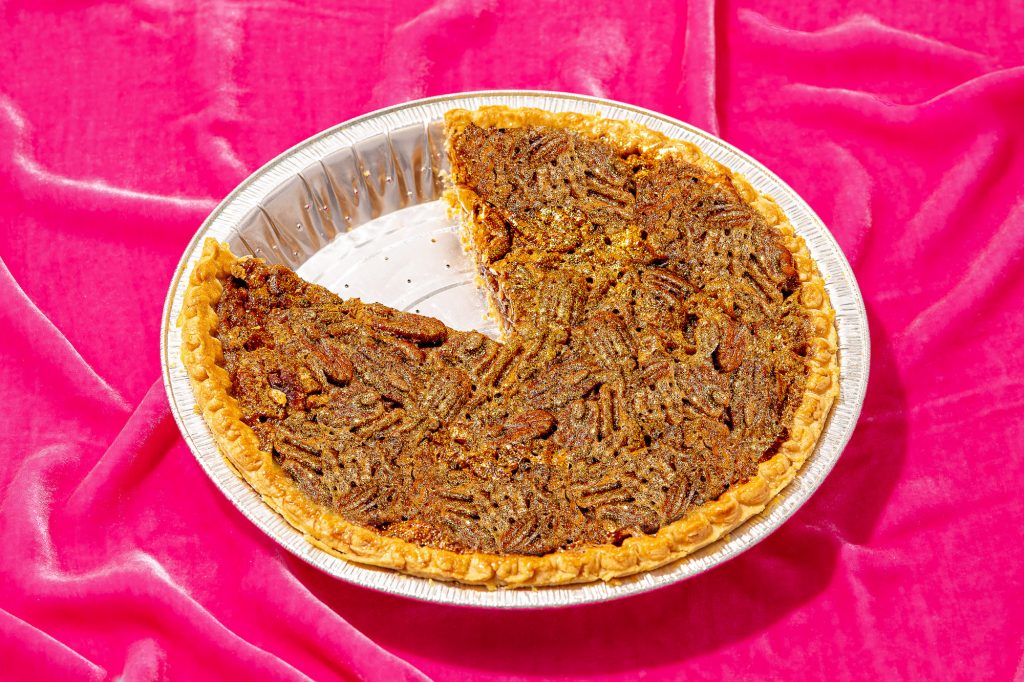Food as Power
For TLmag37: State of Gold, Jacqueline Greaves wrote about the underestimated and undervalued importance of food when it comes to power, wealth, control and politics.
It is said that in ancient times control of food signified wealth or power, while in modern times those who control wealth have power. However, food continues to be a major player in our economics. Food is a necessity, yet it can be a much-desired luxury; a way of showing our lifestyles and traditions; an important industry; and certain foods require exorbitant sums that people are willing to expend. History begins with the famous Anonymous, who no longer hunted or gathered, but started farming enough to feed a community. The extraordinary value of steady crops augmented food supplies. Soon, Anonymous figured out the importance of storage, eventually becoming the leader because he/she controlled food supplies, especially necessary in times of conflict or natural disasters. Dependence on a governing body for a steady food supply, protection, and the “community”, continues today.
We are more aware of the impact of food shortages and nutrition on the world population. We are less accepting of the differences between the haves and have-nots. In the past, we could say that foods like spices, salt, sugar were crucial, and wars have been fought over their control, and people have moved from one continent to the other to seek them out. Empires, colonies, and wealthy city states such as the Ottoman, Venetian, Dutch, Portuguese, and British arose. A prevalent practice in the 17th and 18th centuries saw slaves and indentured peoples sacrificed to allow them a place in history. Food was as good as gold. Wars continue to displace people, meaning that exorbitant amounts are spent on feeding them. According to the UN Refugee Agency, the number of refugees is now more than 80 million people worldwide, with the numbers increasing daily. The refugee situation also alerts us to the fact that food will be an increasingly important issue, and not just in areas of conflict. Less attention is paid to agriculture and agricultural lands that are being repurposed in ways that are considered more politically or economically viable. Botanists are not as valued in today’s world. “Gold” is considered more powerful.
Food was used to show power and wealth, and lavish banquets organized in which food waste was essentially a must. It was all in the presentation. It was amusing to see the repeated appearance of the pineapple in the recent film, “Lost Illusions” (Illusions Perdues) based on a Balzac novel. In the film, they conveyed lavishness, decadence, and privilege, yet I wondered how many people realized the significance. In 1661 King Charles II of England received a pineapple from colonists in Barbados who hoped that it would make their request stand out more from the other inexhaustible petitions the king received. It worked and Charles II used the pineapple as a symbol of his growing maritime powers and deliberately served it when he held a banquet for the French ambassador, Charles Colbert. This king could have pineapples grown in England and botanists were important members of the court. The pineapple symbolized England’s growing power, especially in the West Indies. Food trade routes were communication systems that allowed for commercial, cultural, and religious exchange. Food signified power.
Food will always be important, as will gold. The use of gold as a garnish in the culinary sphere goes back to ancient times: to honour the gods, for medicinal purposes and of course, to show off affluence. Today the very wealthy enjoy dishes sprinkled or dusted with edible gold, either 24-karat or mixed with silver, conveying decadence, delight, and dazzle. Gold is flavourless, odourless, nontoxic, has no nutritional value and so, is solely visual. Out of curiosity I have tasted tuna with gold leaf, extravagant yet certainly not on par with 23-karat gold bacon, yellow gold tea that sells for $3000/100 g, a $1000 bagel or $25,000 frozen dessert covered with 23-karat gold served in a Baccarat goblet the stem decorated with a white diamond bracelet and served with a golden spoon. Many of the additional ingredients come from faraway places, specially produced for these culinary extravaganzas. I wonder what the real thrill is, as in most cases only the chef and servers will know of this indulgence. It doesn’t have the same effect as a king serving pineapple to an ambassador.
Food has the power to bring people and families together. Governments still have sway over food supplies and the economics of food. Will “gold” or food for the community triumph is the challenge for the very near future. I share the opinion of Jean Anthelme Brillat-Savarin, who said, “The future of nations will depend on how they feed themselves.”
